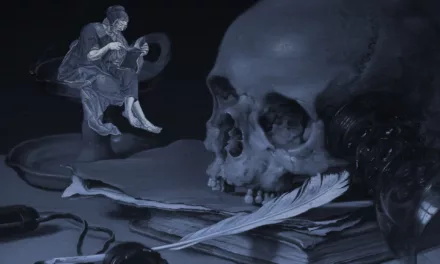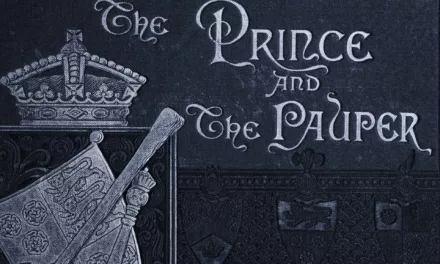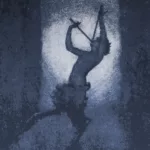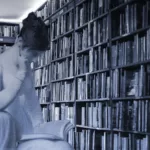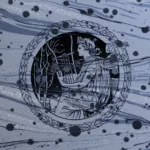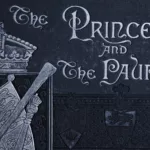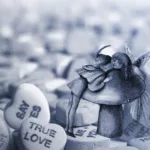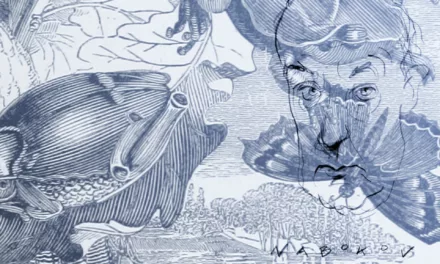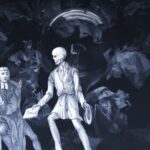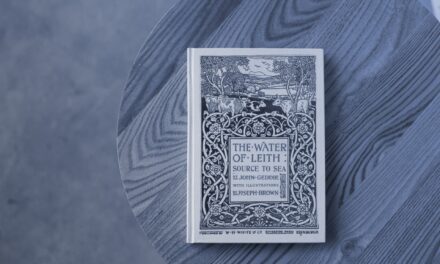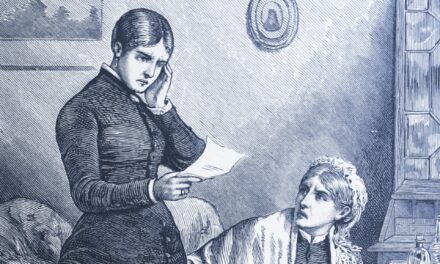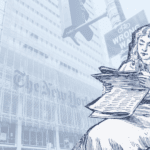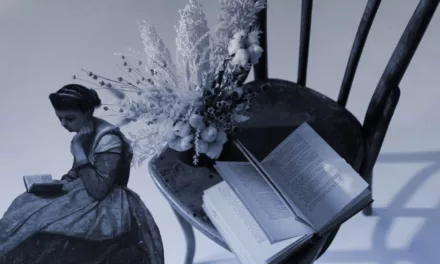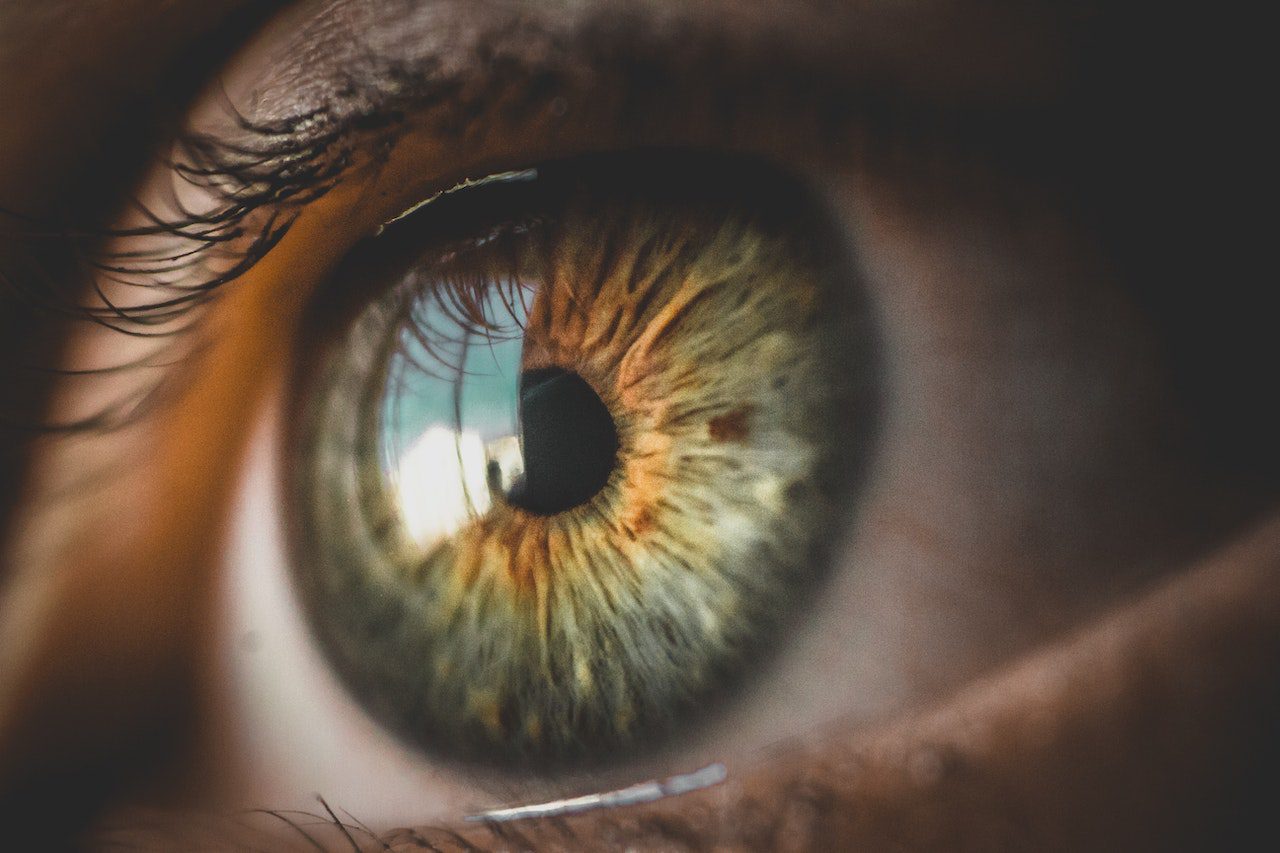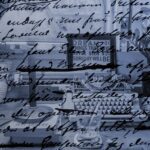
Author Interview with Daniel Verastiqui
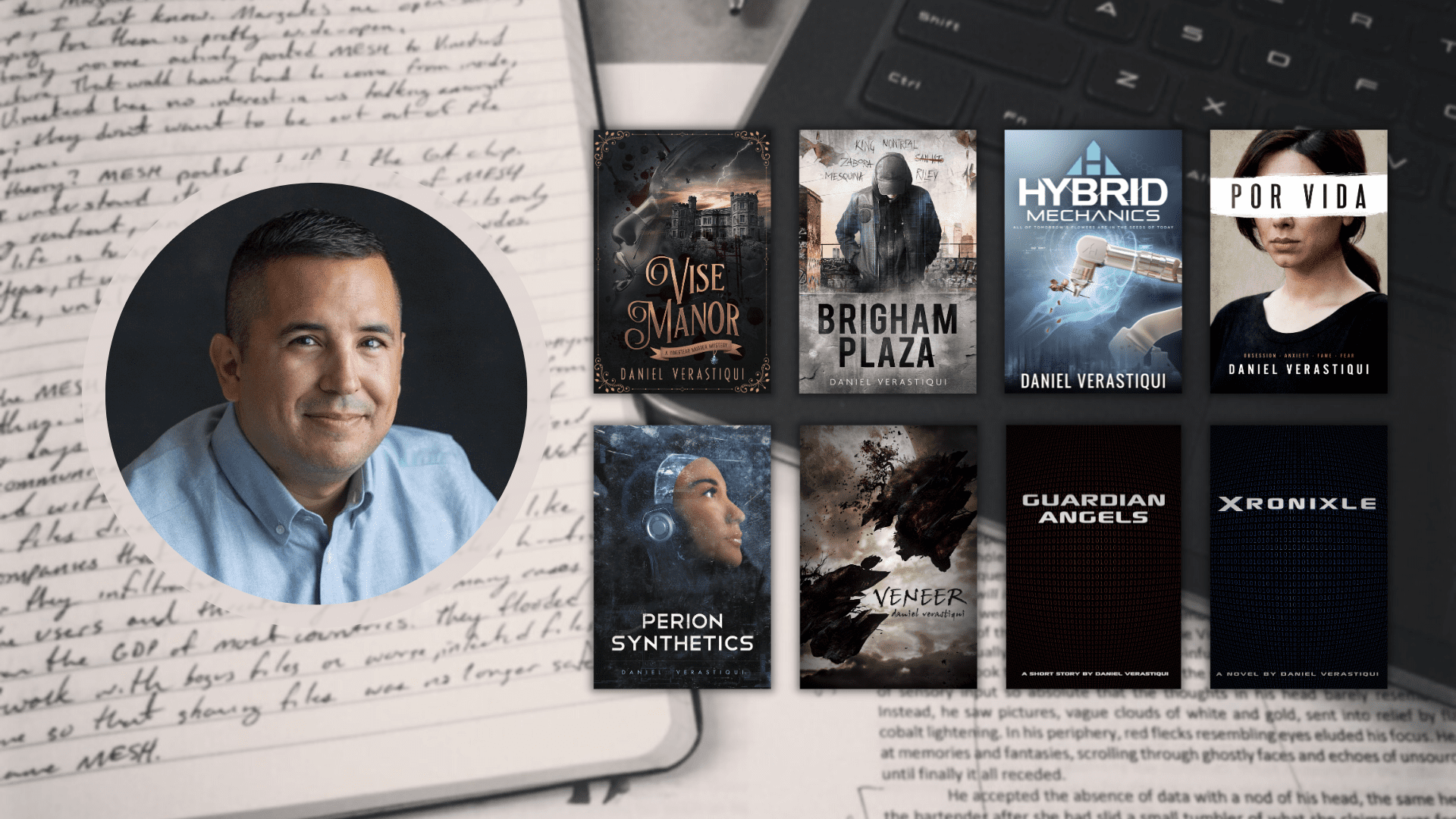
Daniel Verastiqui is a Science Fiction author from Austin, Texas. His books explore the themes of relationships and identity in the context of advanced technology, pervasive violence, and questionable nudity. Verastiqui studied English and Computer Science at the University of Texas at Austin.

Can you tell us a little about yourself as a writer and the kind of books you write?
I write in a little corner of Science Fiction where technology is constantly running amok, everyone has a gun, and someone is always getting ready to “hack the planet.” I like taking tech like virtual reality, augmented reality, and artificial intelligence into the near future to see how they will eventually destroy the human race. At the same time, I try to keep stories focused on the individual people who are dealing with things like transferring into a synthetic body or finding out their entire lives have been simulations. However much cool tech I throw at a story, it always comes down to how characters react to it and how it changes them.
What publishing route did you choose, and why?
Self-publishing and print-on-demand were just starting to take off when I finished my first book of short stories, so I went that route initially. I was just happy to see my words in print. For my first novel, I queried traditional publishers and agents. By the time I had gathered enough rejections, I wasn’t excited about my story anymore. I didn’t want to rewrite or rework it; I just wanted my friends to read it. Since then, I’ve self-published seven novels. I admire those who have the patience to query traditionally, but my only goal with writing has only ever been to “write fun stories and force my friends to read them.”
When did you first realise you wanted to be a writer?
I was ten years old when I first read Replay by Ken Grimwood. It wasn’t the first time I had cried while reading a book (see Bridge to Terabithia), but it was the first time I felt an emotion deep down in a place I didn’t know I had. Replay had themes and situations that I couldn’t relate to, but the author communicated the accompanying emotions so effectively that I was awestruck by his power. And I wanted that power. I wanted to make other people cry. As I got older, I expanded that idea to make people feel something, and then to make people feel something I’m feeling. The entire idea of me having an emotion and then making someone else feel it is crazy. Dressing it up in a dystopian cyber-thriller just makes it that much more fun.
What is your writing routine?
First, I wait for everyone else in the house to fall asleep. Then I pour myself a drink, put on some classical music, and sit down at my desk. After staring off into space for ten or fifteen minutes, I start to write. If I’m working on a novel, I’ll try to finish one chapter (at least 2,000 words) a day. If I fall asleep in my chair, I’ll get up early the next morning to finish the chapter. The most important part of my routine is to have no distractions, whether that’s a toddler asking me math questions or tasks due at work or, the absolute worst, Twitter. Consistency and making time are the most important things.
Do you have any interesting writing quirks?
During the first draft, I overwrite. A lot. I don’t intentionally write garbage, but I don’t limit myself to what I can put down on the page. Characters curse with abandon, they spend half a page ranting about something stupid, or somehow they end up in the shower again for the fourth time in as many chapters. I think the more books you write, the better you get at editing on the fly, but there are no rules when it comes to the first draft, so I just try to have fun. Obscure movie references? Yes. Word-for-word plagiarism of better books? Indeed! Lyrics from songs I can’t possibly get clearance for? Now we’re really writing!
How do you find your inspiration?
I find inspiration in many places: books, movies, video games, current events, etc. For me, it’s about encountering an idea or theme that resonates. For example, the afterlife in What Dreams May Come, the body hopping in Altered Carbon, or the father-son dynamic in God of War. Once something hits me, and I see how other people / characters react to it, I start wondering how I would react to it. Then I just build the story to make that situation happen and set my characters loose. It can be as simple as watching one of my favorite movies, Murder by Death, and thinking “well that’s fun, but what if we added robots?”
What was one of the most surprising things you learned in the process of writing?
That it’s okay not to write if you don’t feel like it. I used to get anxiety about falling behind schedule or not having the “next great idea” in my back pocket. Forcing myself to write when I was tired or distracted just wasn’t fun, so I stopped doing that. I learned to trust that my compulsion for writing would eventually bring me back to a story or move me on to another one. Life is too short to be saying “I have to write tonight” instead of “I can’t wait to write tonight!”
What do you think makes a good story?
A good story will be framed by the eternal struggle between author and reader to determine who, in fact, is smarter. My favorite books are those where I feel like I’m in competition with an author who is trying to reveal things to me at their pace while I try to figure them out ahead of schedule. If an author does something unexpected, then they win. If I see it coming a mile away, I win. When I’m writing a book, the roles are reversed, and I do everything I can to surprise and entertain the reader. I assume every reader who opens one of my books has come ready for a battle of wits, and I think, oh, the audacity. I’ll show them.
Where can people find your books?
My books are available at Amazon in print and digital formats. They are also included in Kindle Unlimited and can be read for “free.”
To see more from Daniel, you can visit his website, or follow him on Goodreads and Twitter.
If you’re a Novlr writer who has published a book, we’d love to hear from you. If you’d like to tell us about your work and share your writing journey with us, please email [email protected].

